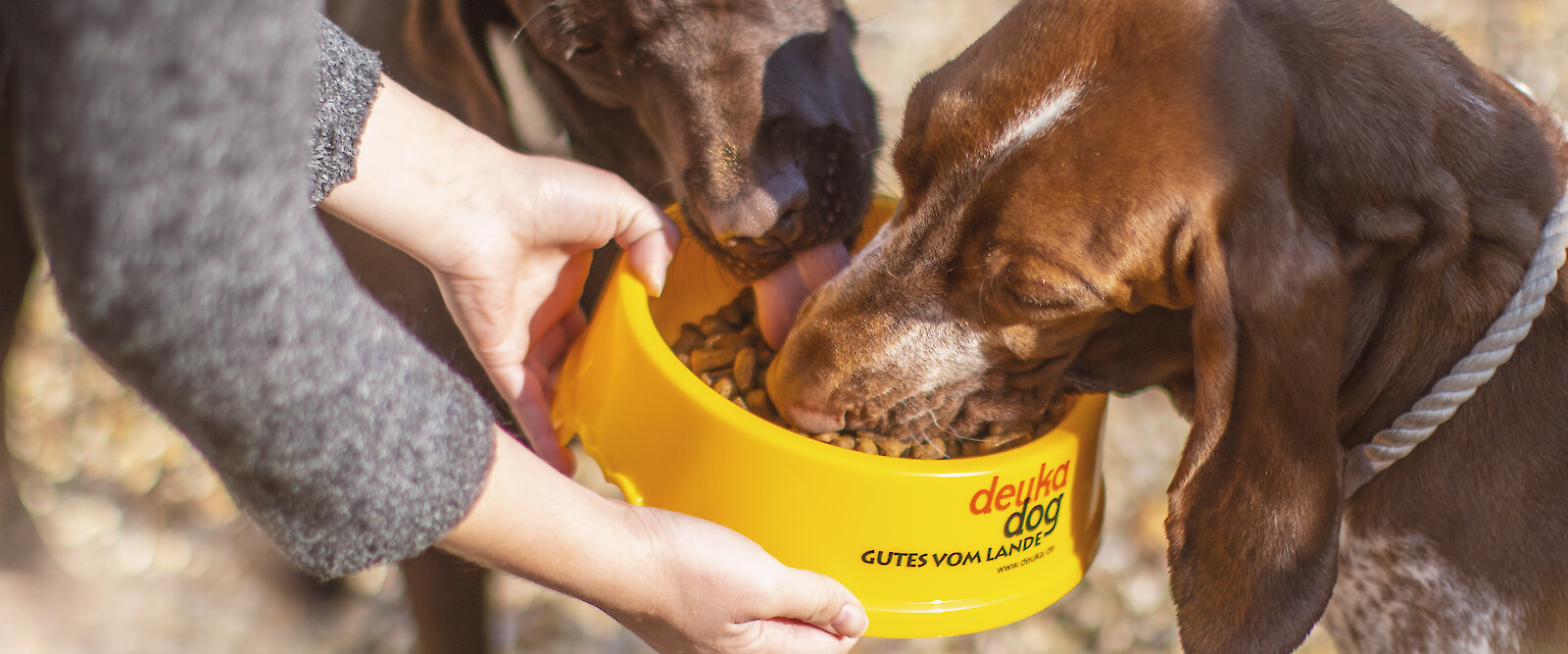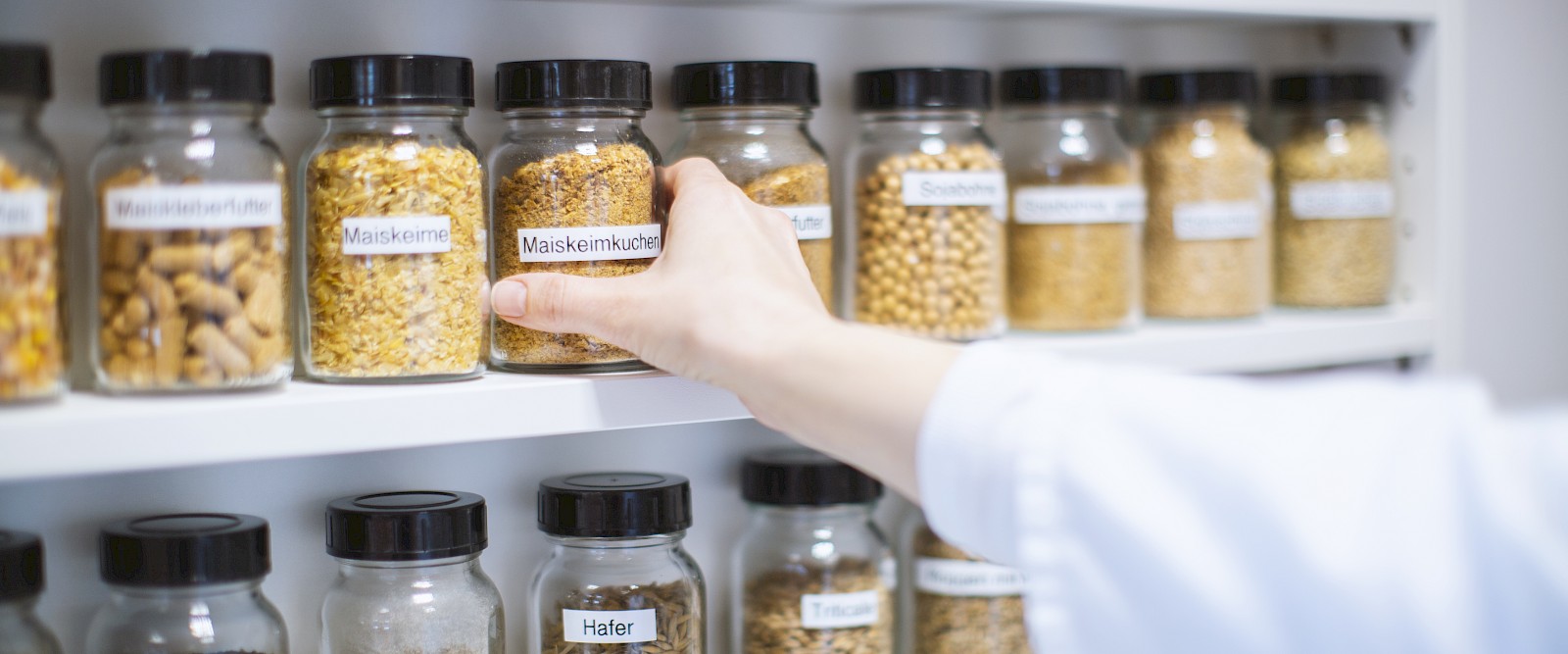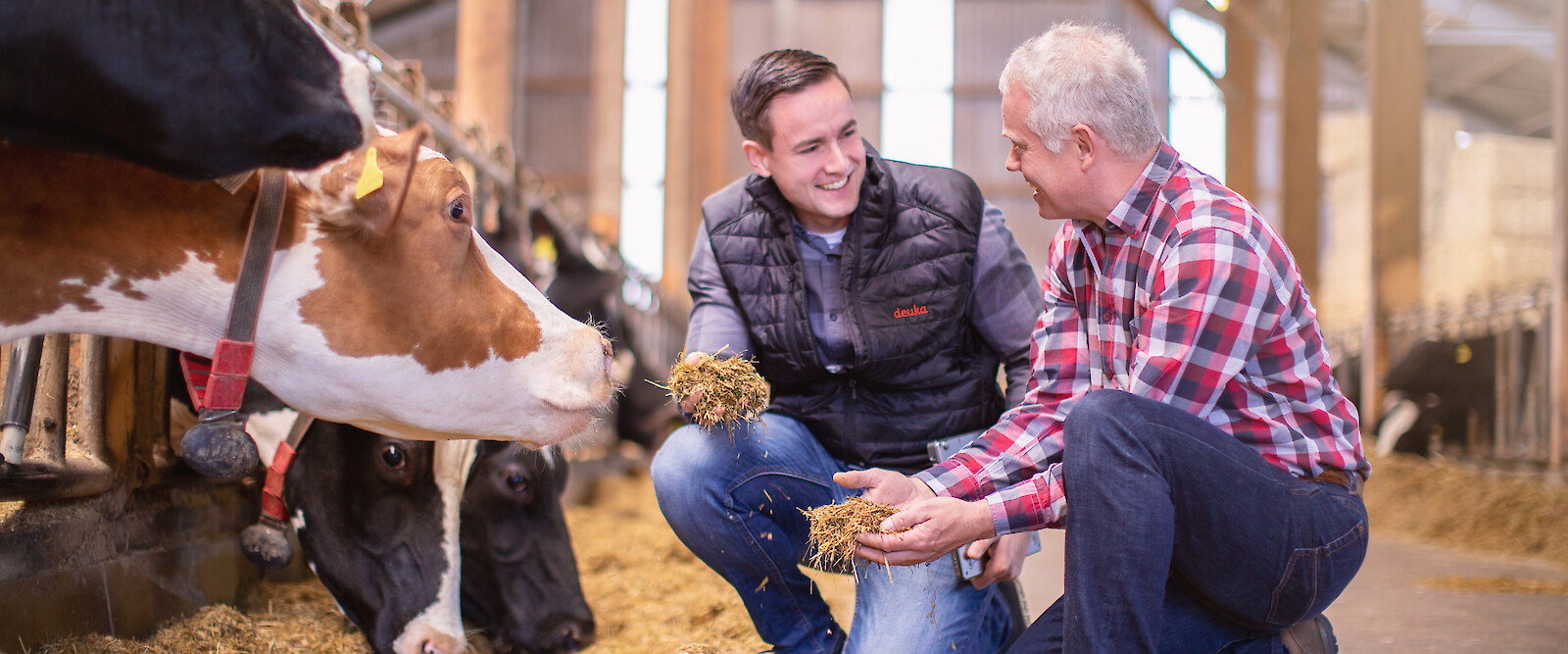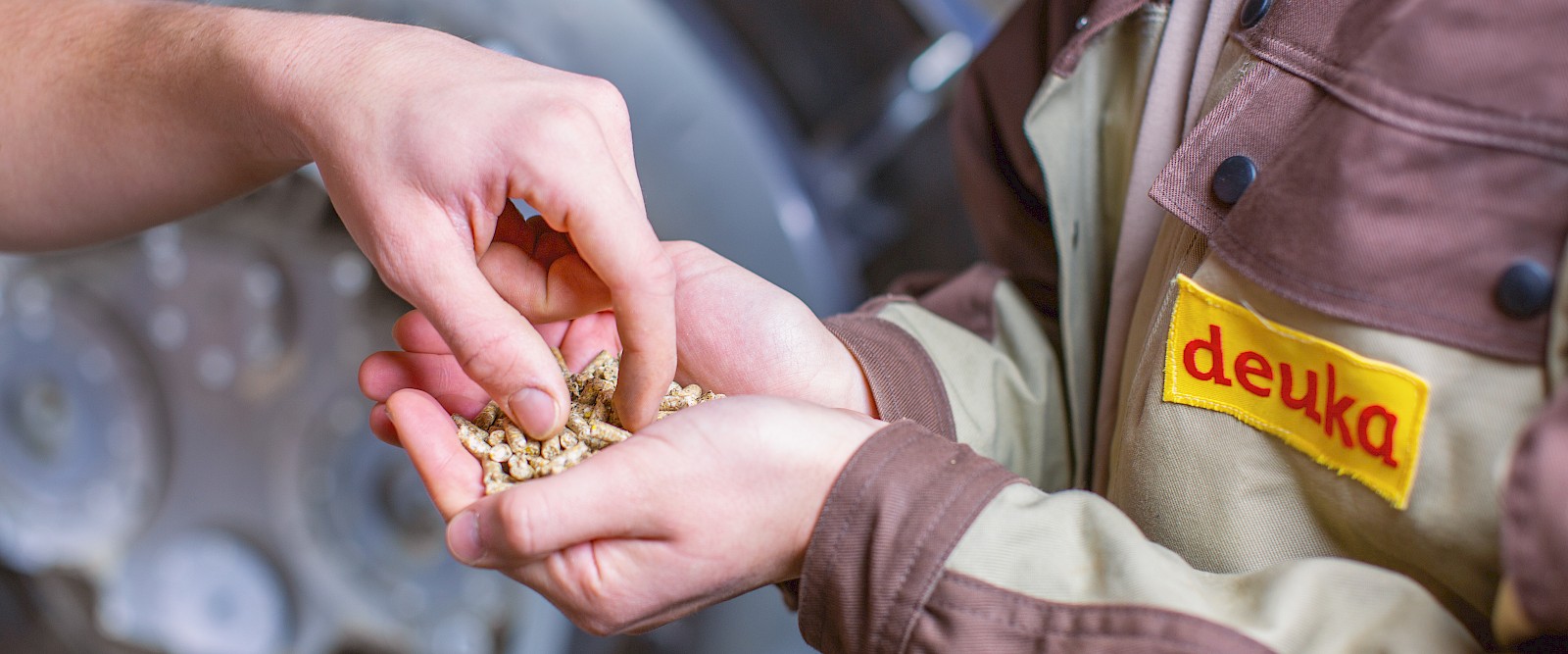Raw material and nutrient lexicon
Weitere Einträge
- Palm kernel expeller
- Pantothenic acid
- Pea
- Pet food
- Positive list
- Potassium
- Potato protein
- Potato pulp
- Potato swell starch
- Premix
- Propionic acid
Propionic acid
Propionic acid is an important acid for preservation and also occurs in nature. For example, the dairy cow produces about 1.5 l of propionic acid per day in its rumen through the rumen microbes. The acid is an important source of energyfor the ruminant. It is also one of the physiological metabolic products of mammals and is very rapidly oxidatively degraded even by monogastric animals. Propionic acid can also be found in small concentrations in sweat, urine and milk.
Propionic acid is characterised by a pronounced antimicrobial effect. It is bactericidal and bacteriostatic as well as fungicidal and fungistatic. The effect is more pronounced against gram-negative bacteria than against gram-positive germs. Their effect is based on an intervention in the carbohydrate metabolism and in the DNA synthesis of the microorganisms. In this process, the undissociated acid is effective, so that its effectiveness is very high at the pH value ranges of 5.5-6.5 typical for feed.
Propionic acid is used to preserve feed components and compound feeds. The necessity of its use depends on various exogenous factors. These include storage conditions (temperature differences between day and night, level of relative humidity) and storage duration. Preservation with propionic acid is therefore particularly useful and quality-assuring in the warm months of the year.






